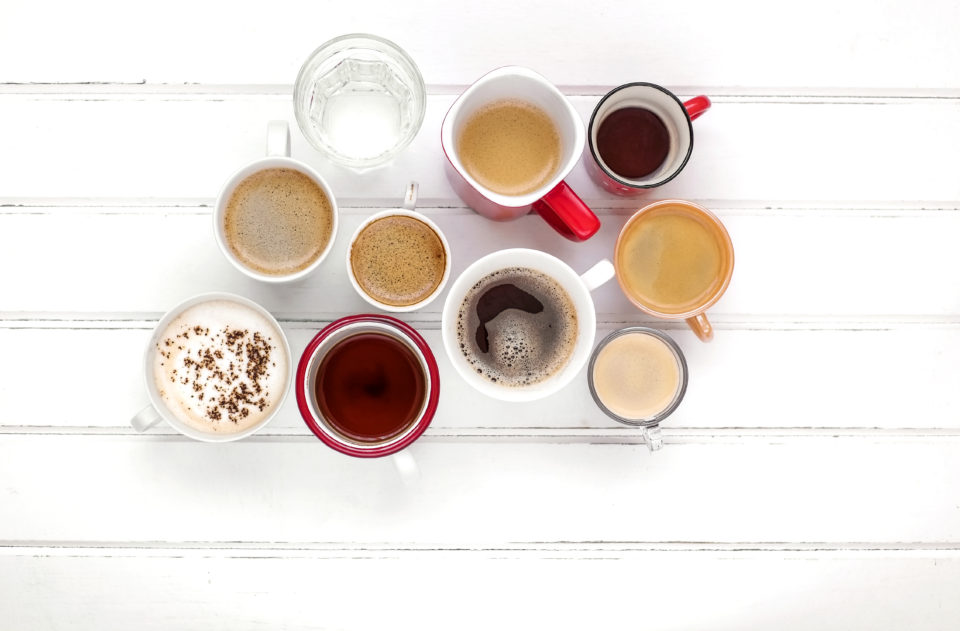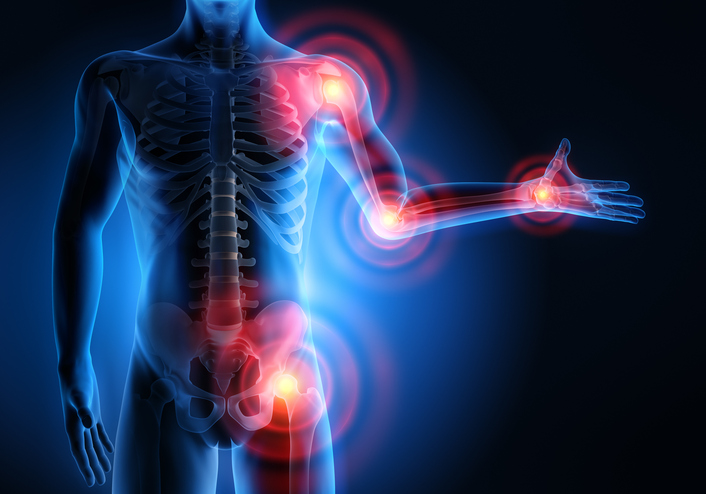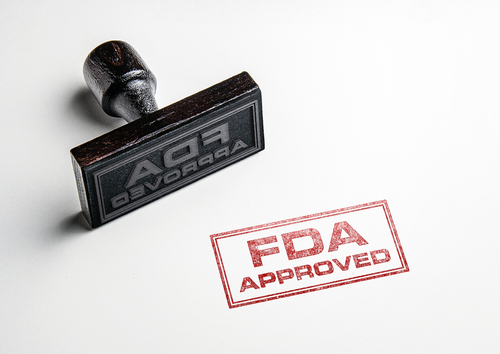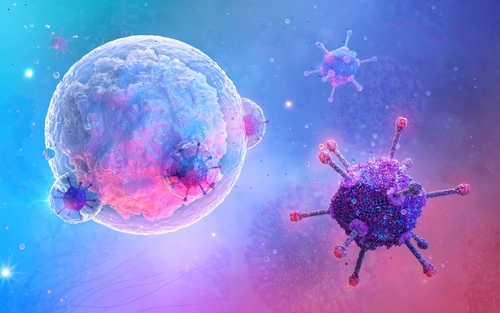
In a recent study, researchers evaluated whether daily consumption of coffee or caffeinated non-herbal tea was associated with older onset rheumatoid arthritis (RA). The study authors found no association between coffee and RA, but tea drinkers had increased RA risk.
Data were collected from the Women’s Health Initiative Observational Study, a longitudinal, prospective cohort study of women that took place between 1993 and 1998. A total of 76,853 women filled out a survey regarding their daily tea and coffee habits; after three years, 185 women self-reported incident RA cases. The researchers implemented Multivariable Cox proportional hazards models to assess any correlation between daily beverage consumption and incident RA, and they calculated trend tests with categorical variables modeled as a continuous variable without collapsing.
Good News for Coffee Drinkers
Incident RA rates did not differ between the coffee drinkers and the non-coffee drinkers; this did not change based on how much coffee was consumed, how it was prepared (filtered/unfiltered), or whether or not it was caffeinated.
Results differed among the tea drinkers: “There was a positive association of incident RA and caffeinated tea consumption in the trend test (p = 0.03). When assessing any caffeinated tea consumption versus no tea consumption, the hazard ratio for incident RA was 1.40 (confidence interval, 1.01–1.93; p = 0.04).”
The authors concluded that there was a “small association” between daily non-herbal tea consumption and incident RA.
Best Drinks for RA
The Arthritis Foundation recommends several drinks with anti-inflammatory properties that could be beneficial for RA patients—among them, incidentally, is tea.
Beneficial teas include black, white, and green because they contain polyphenols, plant compounds with strong anti-inflammatory properties. Green and white teas have the highest levels of polyphenol, and green tea is perhaps even more helpful because it contains epigallocatechin 3-gallate (EGCG).
“When it comes to antioxidant activity, EGCG has been shown to be as much as 100 times stronger than vitamins C and E,” according to the Arthritis Foundation. “Studies have shown it also helps preserve cartilage and bone, although there are no widespread controlled trials of it in people with arthritis.”
Here are the other beverages on the list:
Coffee. Coffee is recommended “in moderation”—one to two cups a day—but is also rich in antioxidant polyphenols.
Milk. While some recommendations say that those diagnosed with arthritis should stop consuming dairy, other research supports the idea that it could help prevent gout as well as fight osteoarthritis (OA) progression.
Juice. Fruit juices high in vitamin C include orange, tomato, pineapple, and carrot juices, giving them antioxidant properties; cherry juice may also help treat gout flares and OA symptoms.
Smoothies. Unlike juices, smoothies contain the entire fruit or vegetable, which also means increased fiber consumption. Many fruits and vegetables have antioxidant properties as well. Smoothies with yogurt provide the added benefit of probiotics; kefir is another good option.
Alcohol. The Arthritis Foundation states, “Red wine has a compound in it called resveratrol, which has well-established anti-inflammatory effects. Studies have shown wine consumption is associated with a reduced risk of knee OA, and moderate drinking is also associated with a reduced risk of RA.” However, these studies may not be strong enough to be conclusive, as other research has found that alcohol is bad for RA. If alcohol is not part of your current diet, it is not recommended to start drinking now—and if you do consume alcohol, stick to one drink a day for women and two a day for men.
Water. No secret there: water consumption helps rid the body of toxins, which reduces inflammation. Drinking water before meals could also result in consuming fewer calories, leading to weight loss.
Sources: Journal of Clinical Rheumatology, Arthritis Foundation







 © 2025 Mashup Media, LLC, a Formedics Property. All Rights Reserved.
© 2025 Mashup Media, LLC, a Formedics Property. All Rights Reserved.